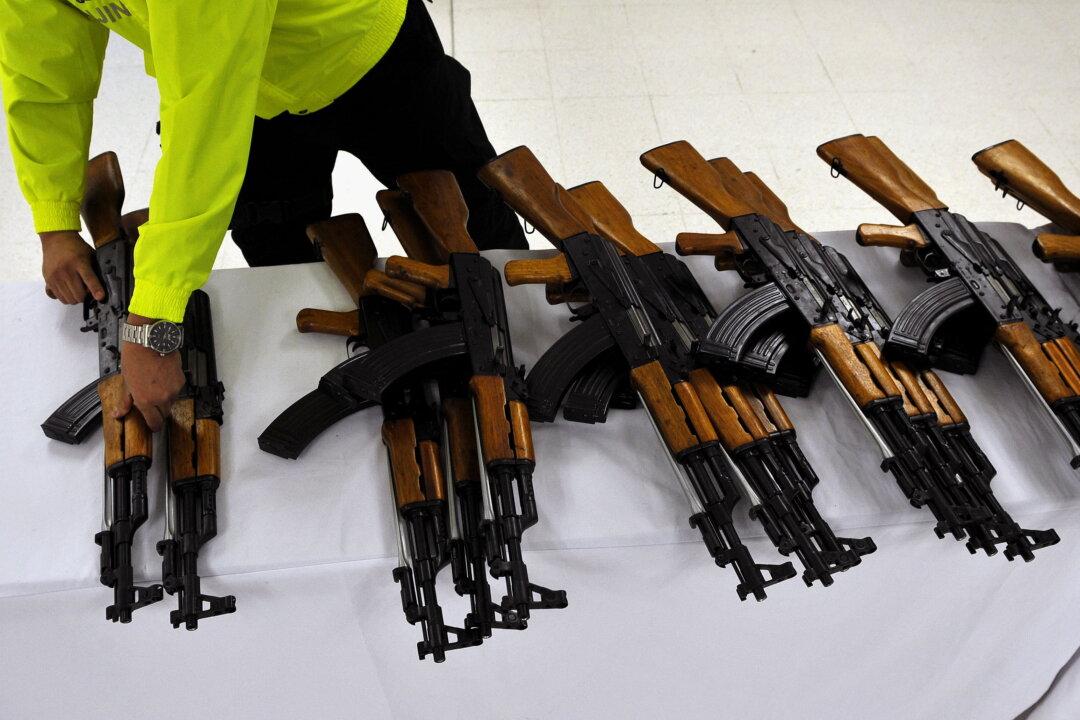This news analysis was originally dispatched as part of Epoch Times China email newsletters. Subscribe to the newsletters by filling your email in the “China D-brief” box under this article.
The Chinese regime is trying to accelerate the capabilities of its defense industry, and this is bad news for democracy and human rights.
China is the world’s third largest arms exporter (with the United States in first and Russia in second). The problem with Chinese arms sellers is that they’ve had to find a niche in the global market—and that often means selling to countries that aren’t on good terms with the West.
Over the years, Chinese defense firms have been accused of breaking UN embargoes by selling weaponry to countries including North Korea, Iran, and Qaddafi-era Libya.
Human Rights Watch called on China in August 2014 to cease its supply of weapons including missiles, grenade launchers, and machine guns to South Sudan. It noted that while China was calling for peace talks, it was assisting the “extraordinary acts of cruelty against civilians, war crimes and possibly crimes against humanity.”
A Feb. 23 story from China’s state-run People’s Daily Online explains the target market of Chinese weapons. It says with China’s new FC-20 fighter jet, in particular, “Developing countries that do not have close military attachments with Western countries will be potential buyers” and they’re targeting countries that fit this description in Asia, Africa, the Middle East, and South America (but don’t specify which).





